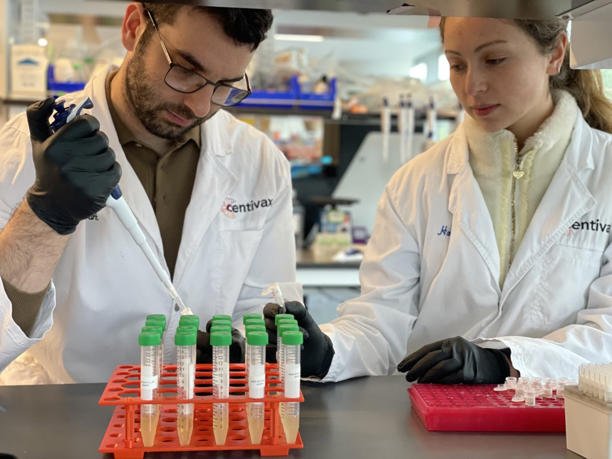He Let Snakes Bite Him 200+ Times — Now His Blood Is Helping Create a Universal Antivenom
For over a decade, Tim Friede turned his home in Richfield, Wisconsin, into a personal lab filled with some of the world’s deadliest snakes. He milked their venom, mixed it with saline, and injected himself with increasing doses — all in a bold attempt to build immunity against fatal snakebites.
“I just wanted to know if I could beat the bite,” said Friede.
Now, after surviving more than 200 snake bites from species like cobras, rattlesnakes, and black mambas — and experiencing anaphylactic shock more than a dozen times — his blood has become the key to a medical breakthrough.
Scientists have used antibodies from Friede’s blood to help develop a prototype for a universal antivenom. Current antivenoms are species-specific, meaning they only work for certain types of snakes. But the new formula, detailed in the journal Cell, protected mice from lethal doses of venom from 13 deadly snake species, including the king cobra and black mamba, and provided some protection against venom from six more.

Over 2 million people are bitten by venomous snakes each year, leading to more than 100,000 deaths. The venom can destroy tissue, paralyze muscles, or stop the heart — and access to proper antivenom is often limited, especially in remote areas.
“A universal antivenom could be a game-changer,” said Steve Hall, a snakebite expert at Lancaster University in the UK, who wasn’t involved in the research.
The idea came together when Jacob Glanville, founder of biotech firm Centivax, and Peter Kwong, a vaccine researcher at Columbia University, looked to apply their virus-fighting research to snakebites. After learning about Friede’s extreme self-experimentation, Glanville reached out: “I’d love to get my hands on your blood.”
From Friede’s plasma, the team isolated two powerful antibodies. When combined with varespladib, a drug that blocks venom enzymes, the cocktail offered significant protection in animal tests.
Traditional antivenoms haven’t changed much in 130 years, still relying on horses or sheep injected with small doses of venom to produce antibodies. But with this new human-based approach, scientists hope to develop a safer, faster, and more accessible solution.
For Friede, a former construction worker, the sacrifices were worth it.
His hope? That no one else will ever have to suffer what he willingly endured.




















